Carrie Miller is a PhD candidate from the University of Minnesota. She was awarded a Leakey Foundation Research Grant during our spring 2017 cycle for her project entitled “Does paternity certainty elicit protection and support of offspring by male gelada monkeys?”
Recent studies suggest humans underwent an intermediate stage of polygyny within a multi-level society, similar to multi-level societies observed in gelada monkeys (Theropithecus gelada) or hamadryas baboons (Papio hamadryas). Gelada males employ a range of reproductive strategies and may practice multiple strategies over the course of their life. Leader-males invest heavily in mating effort by defending and maintaining stable breeding bonds with ‘harem’ females in their one-male unit (OMU). Because, the gelada OMU typically has just one breeding male, leader-males should have high paternity certainty. The resulting high paternity certainty makes infanticide a logical strategy for new males taking over an OMU. The multi-level social structure also results in frequent encounters with rival males in all-male bachelor groups seeking to acquire an OMU of their own. However, deposed leader-males often stay on as subordinate follower-males, perhaps to protect their offspring from infanticide following the take-over by a new male. These combined features of gelada societies suggest that males, especially recently deposed leader-males, may benefit by shifting their investment to parenting effort. However, male-immature interactions have not yet been studied in detail in geladas or other primates with multi-level societies.
My project seeks to examine the role multi-level social systems of geladas, which exhibit high paternity certainty and high infanticide risk, may have played in promoting paternal care in the absence of provisioning. I will examine variation in male-immature interactions and long-term paternal effects on immatures through behavioral data collection with gelada monkeys at Guassa, Ethiopia. I will also assign paternity for immatures in the Guassa study population through genetic analysis of fecal samples.
By studying gelada male reproductive strategies and male-immature interactions we can better understand the variation in paternal care and male reproductive strategies observed across human societies. In addition, by studying these questions in a species with a multi-level social system, we will begin to understand the significant role multi-level systems played in the evolution of similar social traits in humans.


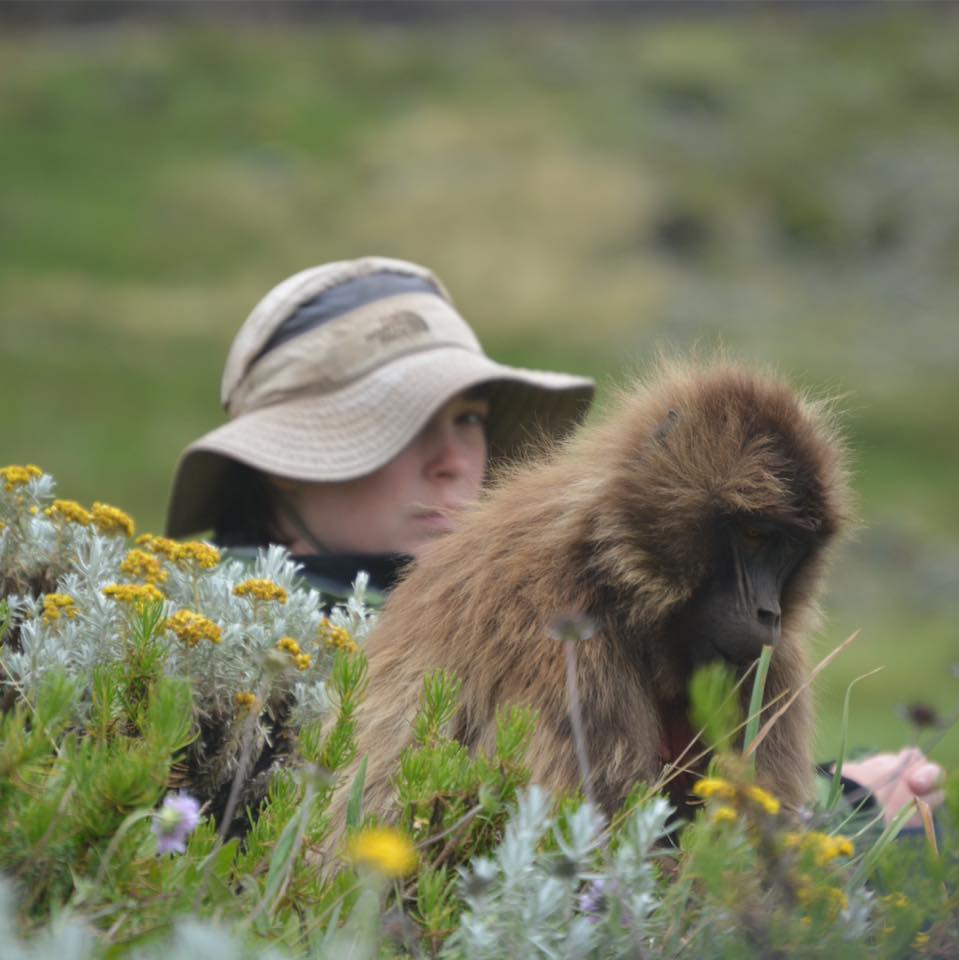
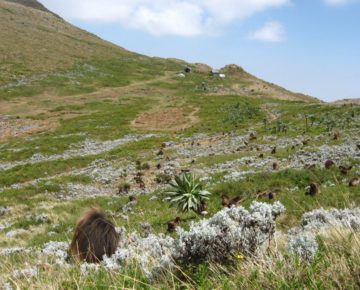
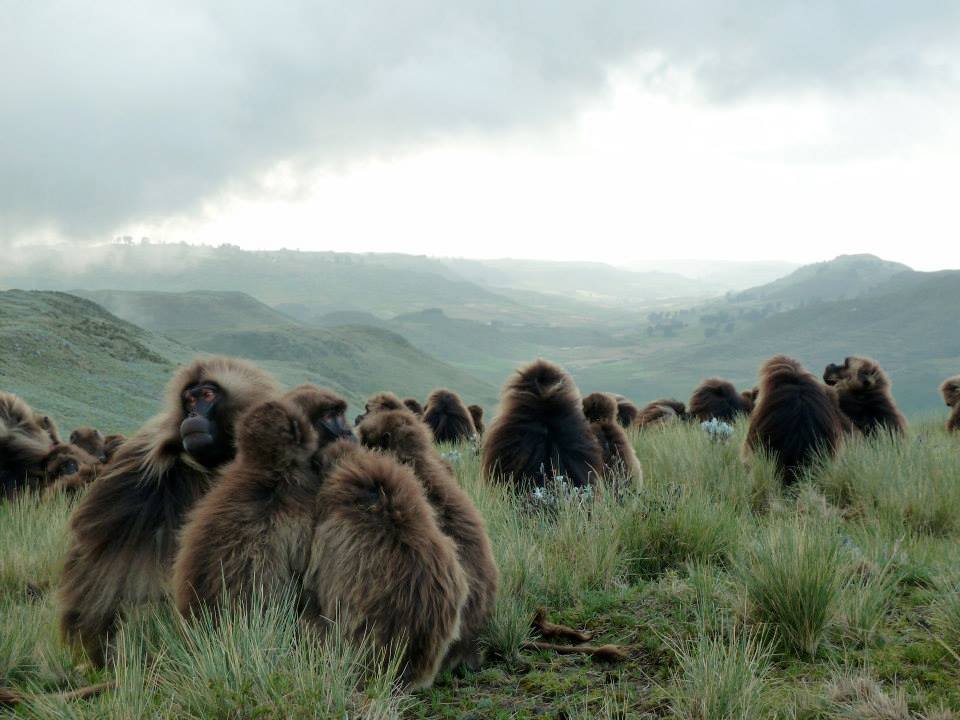
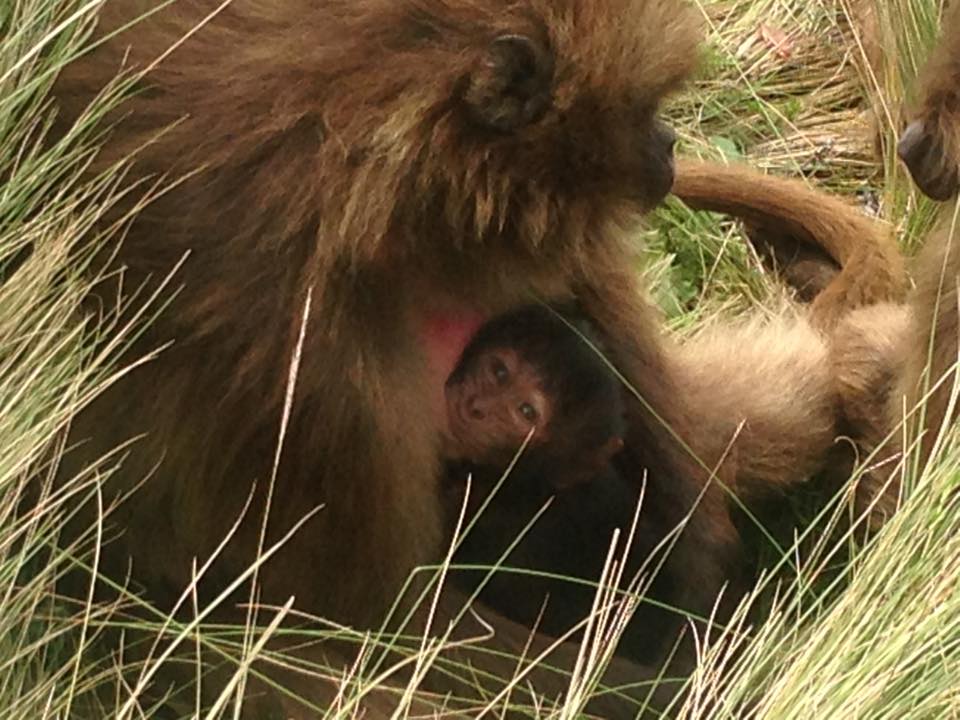
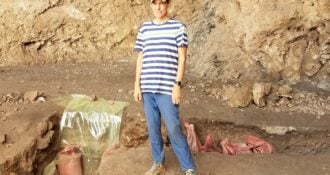
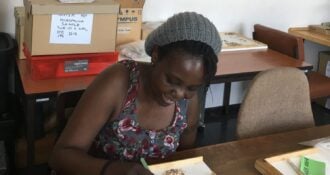
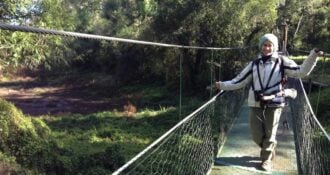

Comments 0